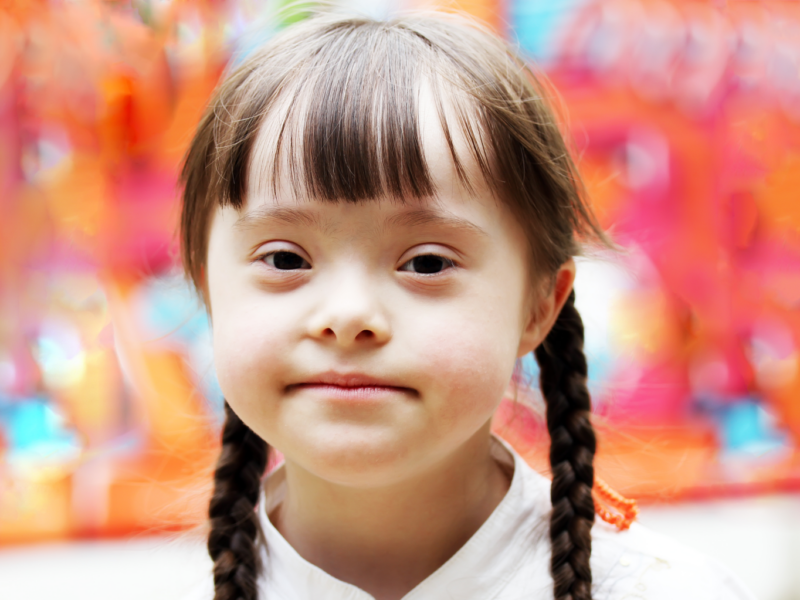Factors Modulating Parenting Stress in Families of Children with Autism Spectrum Disorder
Factors Modulating Parenting Stress in Families of Children with Autism Spectrum Disorder https://pediatricsnationwide.org/wp-content/uploads/2019/05/AdobeStock_99773651-wait-times-header-1024x575.gif 1024 575 Mary Bates, PhD Mary Bates, PhD https://secure.gravatar.com/avatar/c6233ca2b7754ab7c4c820e14eb518c8?s=96&d=mm&r=g- August 31, 2022
- Mary Bates, PhD

Parenting self-efficacy and family resources impact the relationship between behavior problems in children with autism spectrum disorder and parenting stress.
Children with autism spectrum disorder (ASD) often exhibit co-occurring conditions that may increase parenting stress. These include externalizing behaviors, such as tantrums and disruptive behaviors, and internalizing issues, such as anxiety and depression.
One factor that has been proposed to mediate the relationship between parenting stress and internalizing and externalizing behavior problems is parenting self-efficacy. Parenting self-efficacy is a parent’s belief in their ability to influence their child in positive ways that foster the child’s development and success. Another factor that may moderate the relationship between parenting stress and behavior problems is a family’s financial, time and social resources.
In a new study, researchers from Nationwide Children’s Hospital investigated the relationships among child, parent and family factors in a racially and ethnically diverse sample of underserved families. Participants included families of 132 children with ASD between the ages of 3 and 13 years who were Medicaid-eligible.
Lead author Kevin Stephenson, PhD, a psychologist at Nationwide Children’s, cautions that the study was cross-sectional in nature. “We were not looking at changes in these factors over time and so we cannot identify any causal relationships,” he says. “But looking at the data like this allows us to generate some hypotheses.”
The researchers found that greater externalizing problems were linked with lower parenting self-efficacy, which in turn was related to increased parenting stress. The results suggest that parenting self-efficacy may mediate the relationship between child behavior problems and parenting stress in families of children with ASD. The data also showed that the mediating effect of parental self-efficacy was strongest for families with fewer resources.
Dr. Stephenson says the findings highlight the importance of parenting self-efficacy as a potential therapeutic target and treatment outcome for parents of children with ASD.
“There is some preliminary evidence that deliberately focusing on improving parenting self-efficacy could lead to lower parenting stress, particularly in families with kids that have a lot of these challenging behaviors,” says Dr. Stephenson.
The researchers say future studies should also investigate potential stress buffering effects from the positive impact of children with ASD on their families. Further research could also focus on resilience processes and identifying protective factors for children with ASD and their parents.
Megan Norris, PhD, psychologist and director of research at the Nationwide Children’s Child Development Center and co-author of the study, says one broader takeaway from the research is the need for clinicians treating children with ASD and their families to be aware of factors such as parenting self-efficacy and family resources.
“This paper suggests that these additional externalizing concerns that families come in with might play a role in exacerbating parental stress, especially in families with limited resources,” she says. “We want to make sure we’re keeping those additional factors in mind regardless of the concern that we are addressing, since those factors are also relevant for the clinical goals we have.”
Reference:
Stephenson KG, Fenning RM, Macklin EA, Lu F, Norris M, Steinberg-Epstein R, Butter EM. Child behavior problems and parenting stress in underserved families of children with ASD: investigation of family resources and parenting self-efficacy. Journal of Autism and Developmental Disorders. 2022 Jul 25. doi: 10.1007/s10803-022-05681-1.
About the author
Mary a freelance science writer and blogger based in Boston. Her favorite topics include biology, psychology, neuroscience, ecology, and animal behavior. She has a BA in Biology-Psychology with a minor in English from Skidmore College in Saratoga Springs, NY, and a PhD from Brown University, where she researched bat echolocation and bullfrog chorusing.
-
Mary Bates, PhDhttps://pediatricsnationwide.org/author/mary-bates-phd/December 27, 2016
-
Mary Bates, PhDhttps://pediatricsnationwide.org/author/mary-bates-phd/
-
Mary Bates, PhDhttps://pediatricsnationwide.org/author/mary-bates-phd/
-
Mary Bates, PhDhttps://pediatricsnationwide.org/author/mary-bates-phd/
- Posted In:
- Uncategorized






